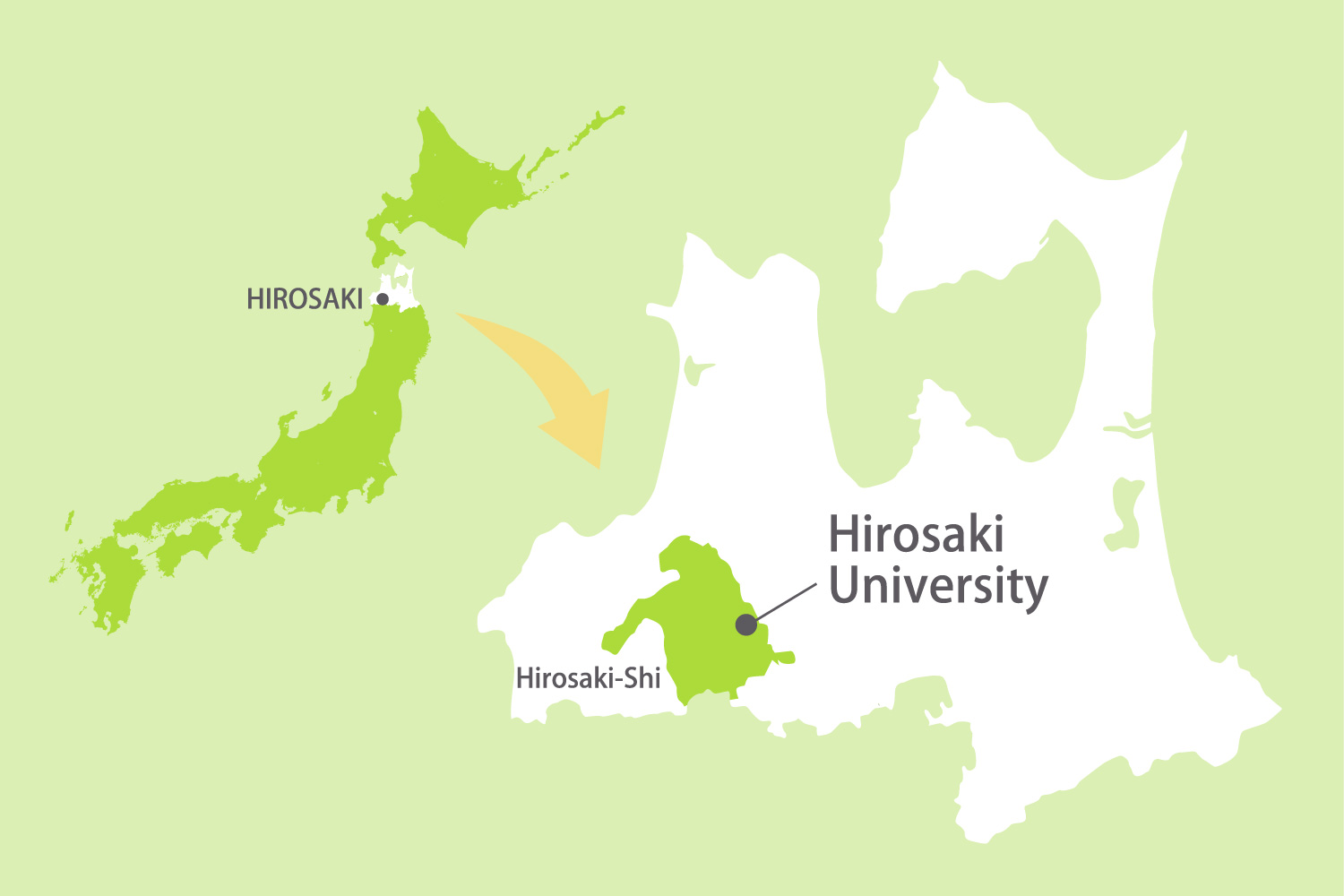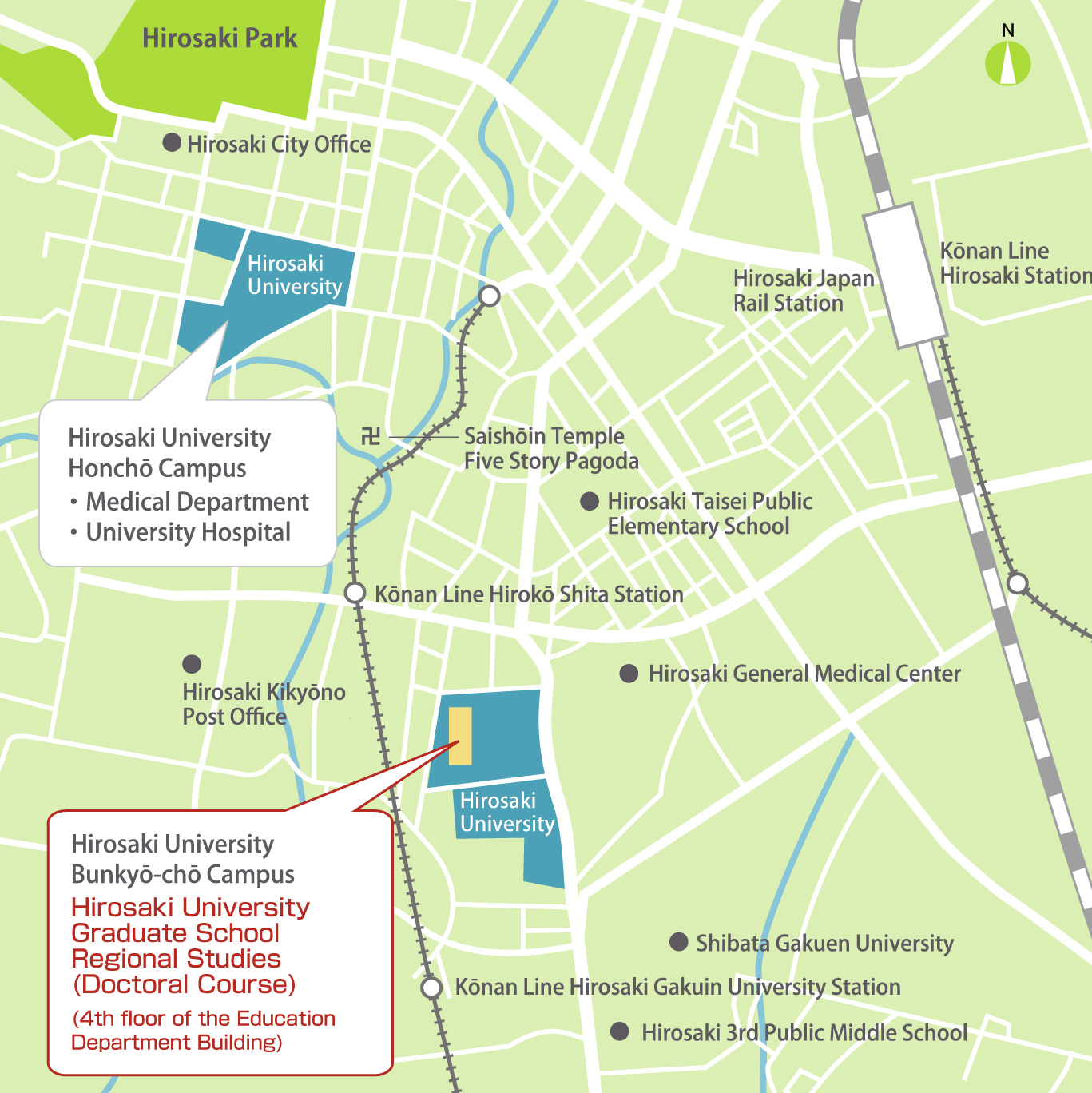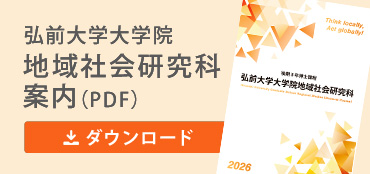- Overview
- A Message from the Dean
- About the Courses
- Course Catalog
- Enrollment Information
- Contact Information
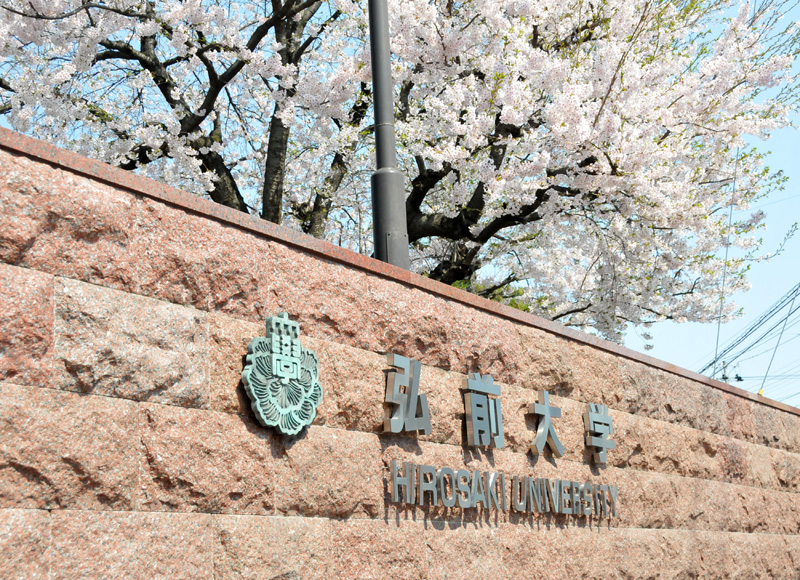
Overview
Regional Studies (Doctoral Course)
Training highly-specialized professionals in the field
The Regional Social Research Program was established in 2002 with the goal of actively contributing to the realization of dynamic and vital regional communities.
This program was instituted to train individuals to be able to cope practically with the unique challenges posed by different regions, and to conduct research with viable and pragmatic results.
Doctoral Degree (Philosophy)
This is a three-year independent doctoral research program. It consists of three courses: Regional Industry, Regional Culture, and Regional Political Studies.
Many currently working professionals in a variety of fields related to regional society enroll in this program to study, research, write their dissertations, and earn a PhD in three years.
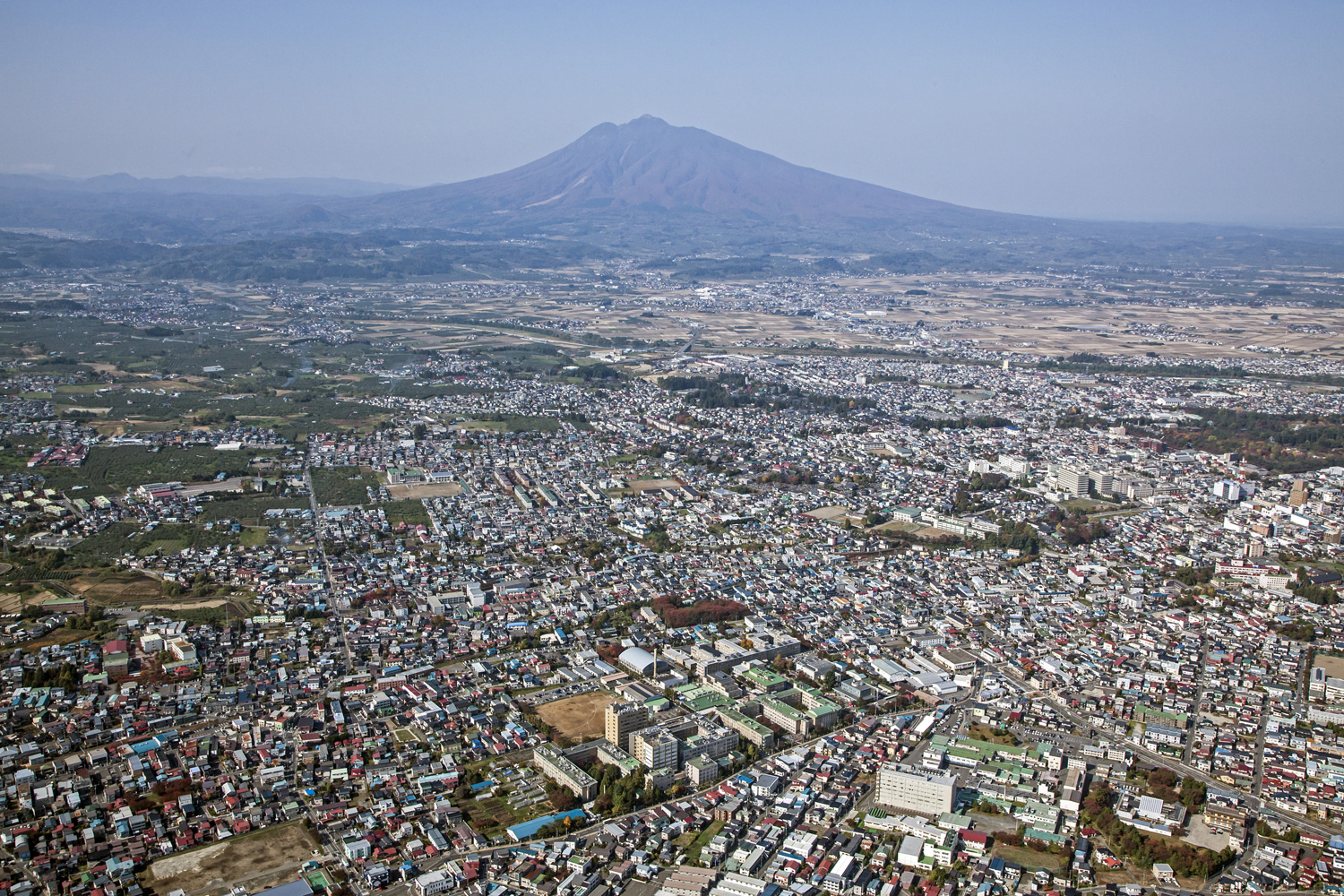
A Message from the Dean
Dr. MORI Tatsuo, Greetings from Dean of the Hirosaki University Graduate School of Regional Studies (Doctoral Course)
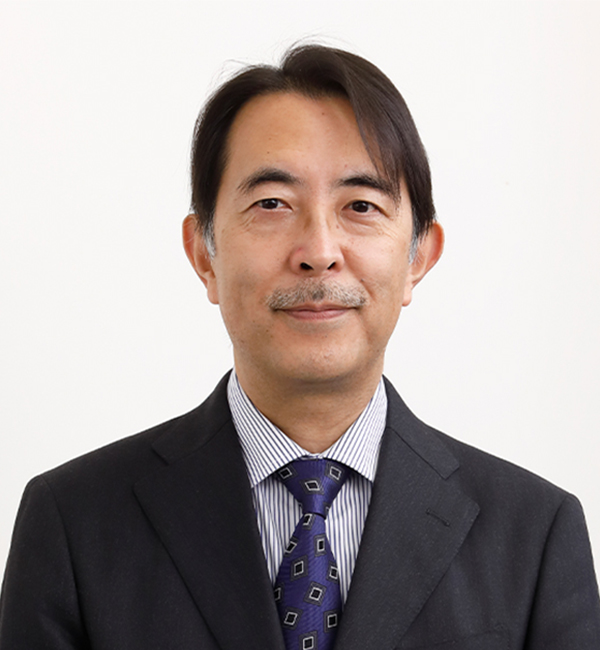
The last three years of the COVID-19 pandemic have brought dramatic changes to society. As a consequence of restrictions placed on the flow of people, remote classes and remote work have become normalized. A changed society has emerged that is no longer bound by place. As a result, interest in local areas has grown and there has been some movement of people away from urban areas towards local areas. However, this trend remains limited. Decreases in population, a declining birthrate, and an aging population have all accelerated, and the fact is for many regions the severity of these problems is increasing.
Aomori prefecture is a region with many local problems caused by the accelerated progression compared to other prefectures of Japan of a ‘decreasing population’ and ‘declining birthrate and aging population’. These local problems could happen to other regions in Japan at any time. Therefore, finding solutions to local problems in Aomori prefecture can lay the foundation for overcoming local problems in other areas of Japan, including the Tokyo metropolitan area. Thinking in this way places the research undertaken in the Graduate School of Regional Studies at the forefront of solving problems that each region faces.
The Graduate School of Regional Studies is training individuals to cope academically and practically with the challenges posed by different regions. Our graduate school has trained advanced professionals for over 20 years who have been active contributors to industries shaped to the characteristics of each region, and by goals of creating and disseminating culture that the region should be proud of. In addition, we have trained advanced professionals involved in revitalizing local communities and policy research. These professionals have abilities to root out problems, hold broad perspectives, undertake comprehensive judgments, and provide practical answers. We will continue the work of training such highly-skilled professionals, and at the same time, we would like to develop human resources suitable for the future, utilizing the knowledge of research and education that our graduate school has accumulated. We are eager to interact with the community, think together with the community, and promote research, education, and social contributing activities that will help solve the problems of the community.
About the Courses
Regional Industrial Studies
Engage in pragmatic research contributing to the development of regional industry

In this course, students study the field of regional industry, which forms a self-reliant and persistent foundation for the local community.
Students engage in a comprehensive research program which combines comparative and historical perspectives to discern the best course of action or form of cooperation with society, based on issues facing various regions’ environments and industries.
Students’ research is intended to cultivate new and unique industries by exploring the potential to increase the value of locally-identified products and to industrialize aspects of local culture.
Finally, students must always think about the pressing concern of promoting entrepreneurial ventures based on developing products specific to their locality. In doing so, their research will consider how to build an industrial system suited to the present state of a region, and seek to develop industrial resources produced by the region itself.
Teaching staff List
Regional Cultural Studies
Rediscover unique regional cultures, and seek ways to use them to rejuvenate the local community
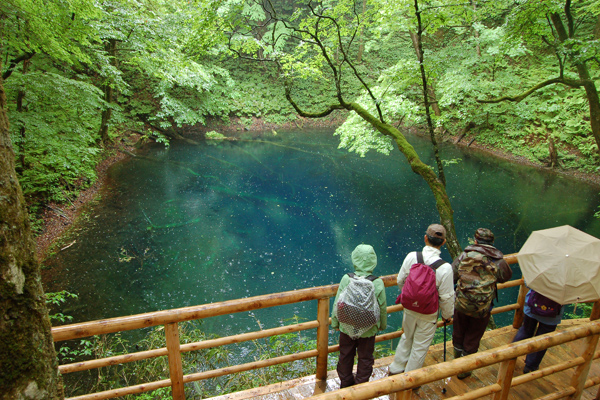
Students grapple with fundamental issues like the reciprocal relationship between local everyday life and the harsh, domineering climate, and the dynamic opposition between deeply-rooted tradition and the modernization of society, culture, and language.
With this understanding, they design research projects geared toward cultivating a twenty-first century regional community well-integrated with various aspects of its environment.
Students also engage in study of aspects of regional culture beginning with the Jōmon Period, which forms the bedrock of present-day Tohoku regional culture.
Teaching staff List
Regional Political Studies
Research solutions to regional policy issues vital to twenty-first century regional communities from an integrated point of view
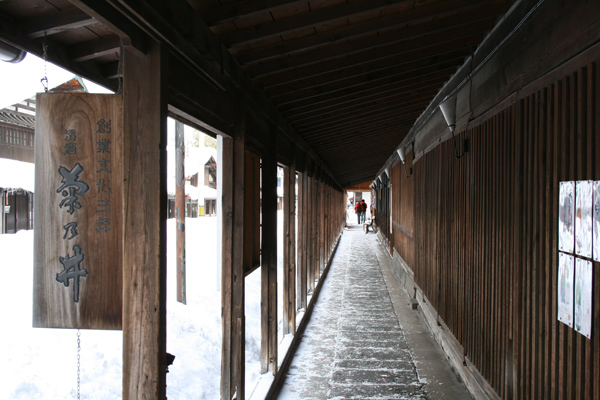
Students combine the industrial and cultural studies explained above to create a concrete and detailed foundation upon which to engage in a research project concerning issues like the state of the broad political region of northern Tohoku and southern Hokkaido, or the creation of policies related to regional environment.
Students may also study policy issues concerning lifelong learning and the natural environment; policies which are deeply related to individuals’ everyday lives.
Another option is the pragmatic study of insurance and medical policy, both of which have become ever more critical with the phenomenon of rapidly-aging society in rural Japan.
Teaching staff List
Enrollment Information

Selection of applicants for admission to the Hirosaki University Graduate School of Regional Studies (Doctoral Course) will be conducted through general entrance examination, without limiting the categories of “general students,” “working adults,” and “international students”.
Before applying, please have a preliminary discussion about your research with your prospective academic advisor.
Admission Details
| Major | Regional Social Research |
|---|---|
| Positions | 6 |
| Mailing Address | Hirosaki University Gakumu-bu Nyūshiki-ka Ōaza Bunkyō-chō 1 Hirosaki-city, Aomori Prefecture Japan 036-8227 |
| TEL | 0172-39-3973 0172-39-3193 |
| Website | Hirosaki University School Affairs Division, Entrance Exam Department (Japanese) |
Contact Information
Hirosaki University Graduate Schools
Regional Studies (Doctoral Course)
| Address | Hirosaki University, Bunkyō-chō 1 Hirosaki-city, Aomori Prefecture Japan 036-8560 |
|---|---|
| TEL | 0172-39-3960 |
| Website | https://tlag.hirosaki-u.ac.jp/ |
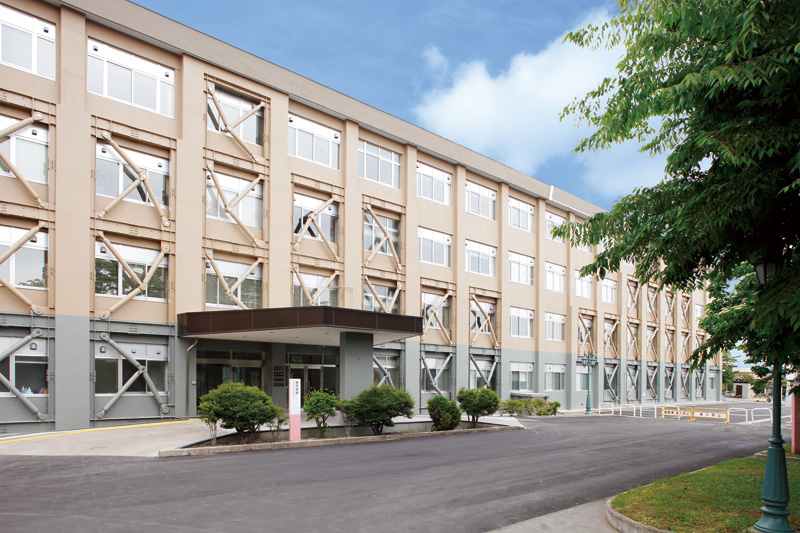
Directions
